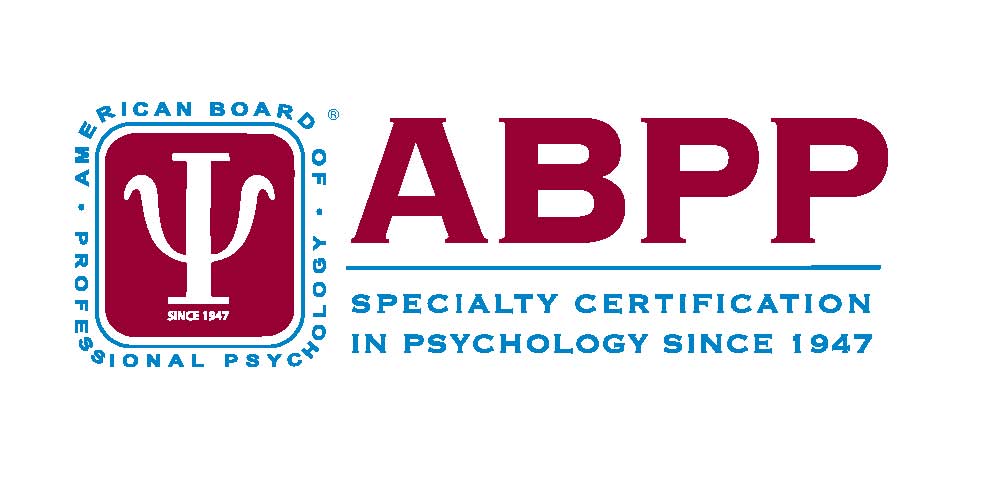3 Hours | 3 CEs
This on-demand professional training program on To do or not to do? Ethical Issues in Cross-Cultural Assessment is presented by Veronica Bordes Edgar, Ph.D., ABPP and Beatriz MacDonald Wer, Ph.D. in partnership with the American Board of Professional Psychology (ABPP).
This program guides participants on integrating equity, justice, and inclusion in cross-cultural assessments. Through case studies, participants learn various ways to manage ethical issues. Participants benefit from a discussion of race-based norms in assessment, learn alternative strategies, and understand the nuances of telehealth services.
Major ethical and legal documents, including the Americans with Disabilities Act, the Individuals with Disabilities Education Act, and the 21st Century Cures Act, are reviewed.
Issues of equity, justice, inclusion, intersectionality, and diversity impact all clinical psychological and neuropsychological evaluation procedures. Sociocultural factors can impact outcomes from case conceptualization through diagnostic formulations to recommendations and feedback. To practice within the APA ethical guidelines, we must strive to be aware of these factors and how they may interact with the assessment process.

Intended Audience
This on-demand professional training program is intended for mental health and other allied professionals

Experience Level
This on-demand professional training program is appropriate for beginner, intermediate, and advanced level clinicians.

CE / CPD Credit
APA, ASWB, CPA, NBCC Click here for state and other regional board approvals.
Learning Objectives
Upon completion of this program you will be able to:

Describe the main ethical guidelines and documents related to the practice of cross-cultural assessments

Describe the importance of the intersectionality of ethics and sociocultural factors in the practice of cross-cultural assessments

Describe possible ethical dilemmas that may arise when conducting cross-cultural assessments and ways to manage these

Describe ethical guidelines and considerations centered in equity, justice, and inclusion when practicing cross-cultural assessment services

Curriculum
1. Introduction
2. Knowledge and Concepts
3. Intersectionality
4. Ethical Dilemmas
5. Integration Into Practice
6. Mentorship and Training
7. Clinical System for Assessment
8. Tools and Resources
Develop a Specialty Area of Practice
Transforming mental health professionals into experts
Expert Instructors
Professional training developed and delivered by the field's leading experts

CE Credit
Earn CE credit for meaningful professional training that will elevate your practice
Convenience & Flexibility
Learn at your own pace, from wherever you might be!
Program Partner
American Board of Professional Psychology (ABPP)
We are proud to partner with The American Board of Professional Psychology for this training. The American Board of Professional Psychology serves the public by promoting the provision of quality psychological services through the examination and certification of professional psychologists engaged in specialty practice. ABPP is the primary organization for Specialty Board Certification in Psychology. There are currently 15 Specialty Boards and one Subspecialty Board.

CE Sponsorship Information
Palo Alto University, Continuing and Professional Studies (CONCEPT) is approved by the American Psychological Association to sponsor continuing education for psychologists. Palo Alto University, Continuing and Professional Studies (CONCEPT) maintains responsibility for this program and its content. Palo Alto University, Continuing and Professional Studies (CONCEPT) is approved by the Canadian Psychological Association to offer continuing education for psychologists. Palo Alto University, Continuing and Professional Studies (CONCEPT), SW CPE is recognized by the New York State Education Department’s State Board for Social Work as an approved provider of continuing education for licensed social workers #SW-0356 and the New York State Education Department’s State Board for Mental Health Practitioners as an approved provider of continuing education for licensed mental health counselors. #MHC-0073. Palo Alto University, Continuing and Professional Studies (CONCEPT) has been approved by NBCC as an Approved Continuing Education Provider, ACEP No. 6811. Programs that do not qualify for NBCC credit are clearly identified. CONCEPT Professional Training, #1480, is approved to offer social work continuing education by the Association of Social Work Boards (ASWB) Approved Continuing Education (ACE) program. Organizations, not individual courses, are approved as ACE providers. State and provincial regulatory boards have the final authority to determine whether an individual course may be accepted for continuing education credit. CONCEPT Professional Training maintains responsibility for this course. ACE provider approval period: 11/22/23-11/22/26. Social workers completing this course receive (clinical or social work ethics) continuing education credits.



